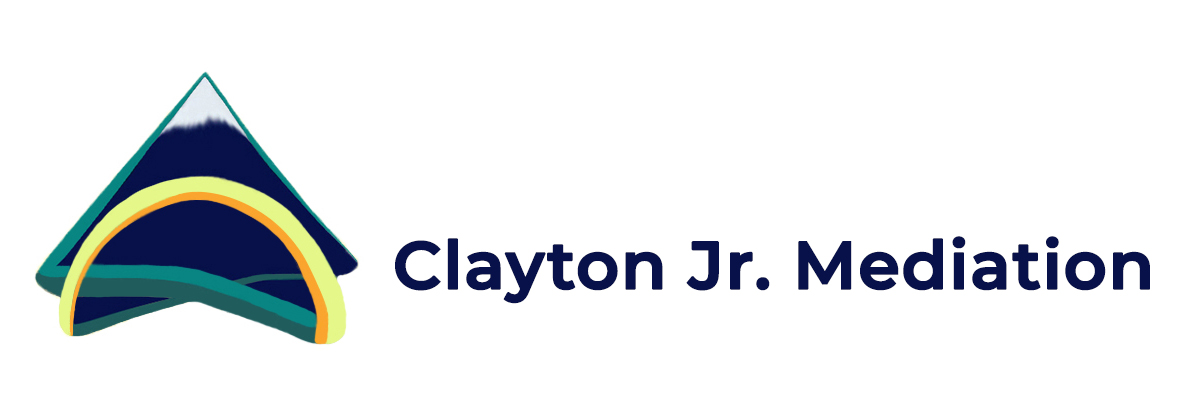What is mediation and why is it worthwhile? Mediation is commonly referred to as an attempt made by two or more parties to resolve one or more disputes with the aid of a third party facilitator (mediator). A mediator might use a number of different strategies and methods during the process and place focus on other goal oriented outcomes. There are many reasons that we may want to seek out mediation. For instance, it can help us problem solve. More broadly, it is an valuable tool that may be used to create better communication, well-being, innovation, transformation, relationships, and decision-making. Here are some key points to consider:
(1) Mediation establishes cooperation and creativity which can bring about mutually beneficial solutions and may transform our relationships.
Conflicts do not occur in a vacuum and mediation often deals with intricate and delicate subject matter. Part of its effectiveness rests in the mediator’s ability to create agents of change. Why should parties want to cooperate when in conflict? On one hand, an uncooperative stance increases the risk of getting nothing accomplished and could make matters worse especially in the long run. Our willingness to use conflict resolution mechanisms makes a profound impact just in the attempt itself. The contributed effort and small wins that follow can quickly become contagious. Disagreement and conflict can lead to positive change – though, how we disagree and engage with others shapes that possibility to great degree. Mediation invites us to focus on the dilemma at hand rather than the people involved – to drop assumptions, comprehend the facts, encourage respect, evaluate factors, be inquisitive, and to become open to co-creating options that can maximize the interests of everyone at the table. It is such a place where thinking outside the box becomes operative, and will likely have a profound impact on furthering our own interests and needs.
(2) Mediation can help us listen, think critically, and give rise to dignity.
Think about the last time you were in an emotional upheaval – were you able to communicate effectively? Our daily life is intertwined with the spheres of technology, work, politics, and social trends to such a degree that it is sometimes difficult to engage and give our full attention to others. I’ve come to believe that people genuinely appreciate and desire interactions rooted in dignity. However, if it is not given in the first place, it cannot be received nor will it likely be reciprocated. The practice of mediation can enable one party in a conflict to fully engage with the other(s) and to make a concerted effort to listen carefully and understand all sides of the story. To solve many pressing dilemmas, it is valuable to work on calming our chaotic thinking while evaluating the whole picture. Mediation can help people to do this thereby enhancing communication and establishing an atmosphere that is conducive to working through differences in an honest, respectful, and meaningful way.
(3) The path forward is not daunting – it is full of opportunity.
Mediation can pave the way for many other outcomes of great worth both individually and collectively. It is commonly cited, that in many cases, conflicted parties can end up spending significantly less time and money in litigation if a mediator helps them reach an agreement. Additionally, mediation has had a great deal of success with relieving hostile attitudes and actions. Who would want to fight a war when agreement and peace is a possibility? I’ve also found that the practice opens up pathways to resolving inner-conflicts as well. Careful introspection and examination reveals that the conflicts happening outside of us often have a lot in common with the ones persisting inside of us. With conflicts happening on the other side of the globe, right out our doorstep, and even in our own homes, we shouldn’t be afraid to call for more mediation.
CJ Clayton Jr.
08/13/2018
Helpful Resources and Contributing Ideas:
Fisher, Roger and William Ury. 2011. Getting to Yes: Negotiating Agreement Without Giving In. New York, NY: Penguin Books.
Hicks, Donna. 2011. Dignity: The Essential Role it plays in Resolving Conflict. Pennsylvania: The Maple Press.
Stitt, Alan. 2004. Mediation: A Practical Guide. London: Taylor and Francis.
